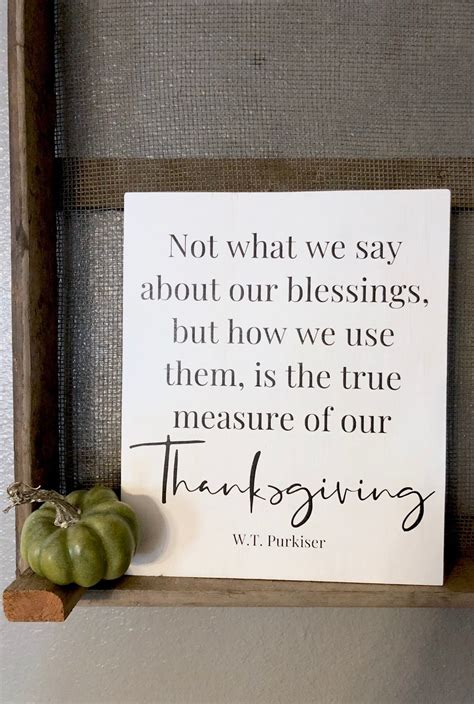A Quote by Jean Parker
We have our share of accidents at nap time. However, the one thing we never do is shame the child, or use blaming words.
Related Quotes
A nap is not to be confused with sleeping. We sleep to recharge our bodies. We nap to care for our souls. When we nap, we are resting our eyes while our imaginations soar. Getting ready for the next round. Sorting, sifting, separating the profound from the profane, the possible from the improbable. Rehearsing our acceptance speech for the Nobel Prize, our surprise on receiving the MacArthur genius award. This requires a prone position. If we're lucky, we might drift off, but we won't drift far. Just far enough to ransom our creativity from chaos.
Have charity; have patience; have mercy. Never bring a human being, however silly, ignorant, or weak--above all, any little child--to shame and confusion of face. Never by petulance, by suspicion, by ridicule, even by selfish and silly haste--never, above all, by indulging in the devilish pleasure of a sneer--crush what is finest and rouse up what is coarsest in the heart of any fellow-creature.
There's a theory of accidents that I studied when I was making a film about nuclear weapons: you can never eliminate accidents, because the measures you introduce to prevent accidents actually produce more accidents. That's certainly true of this sport; you're flying over 40 feet of what might look like snow, but it's hard as ice, it's as hard as pavement. You're doing acrobatic spins and tricks, 40 feet above pavement, essentially. There's been more accidents since, and there are going to continue to be more accidents, that's the nature of the sport.
Words are acoustical signs for concepts; concepts, however, are more or less definite image signs for often recurring and associated sensations, for groups of sensations. To understand one another, it is not enough that one use the same words; one also has to use the same words for the same species of inner experiences; in the end one has to have one's experiences in common.




































